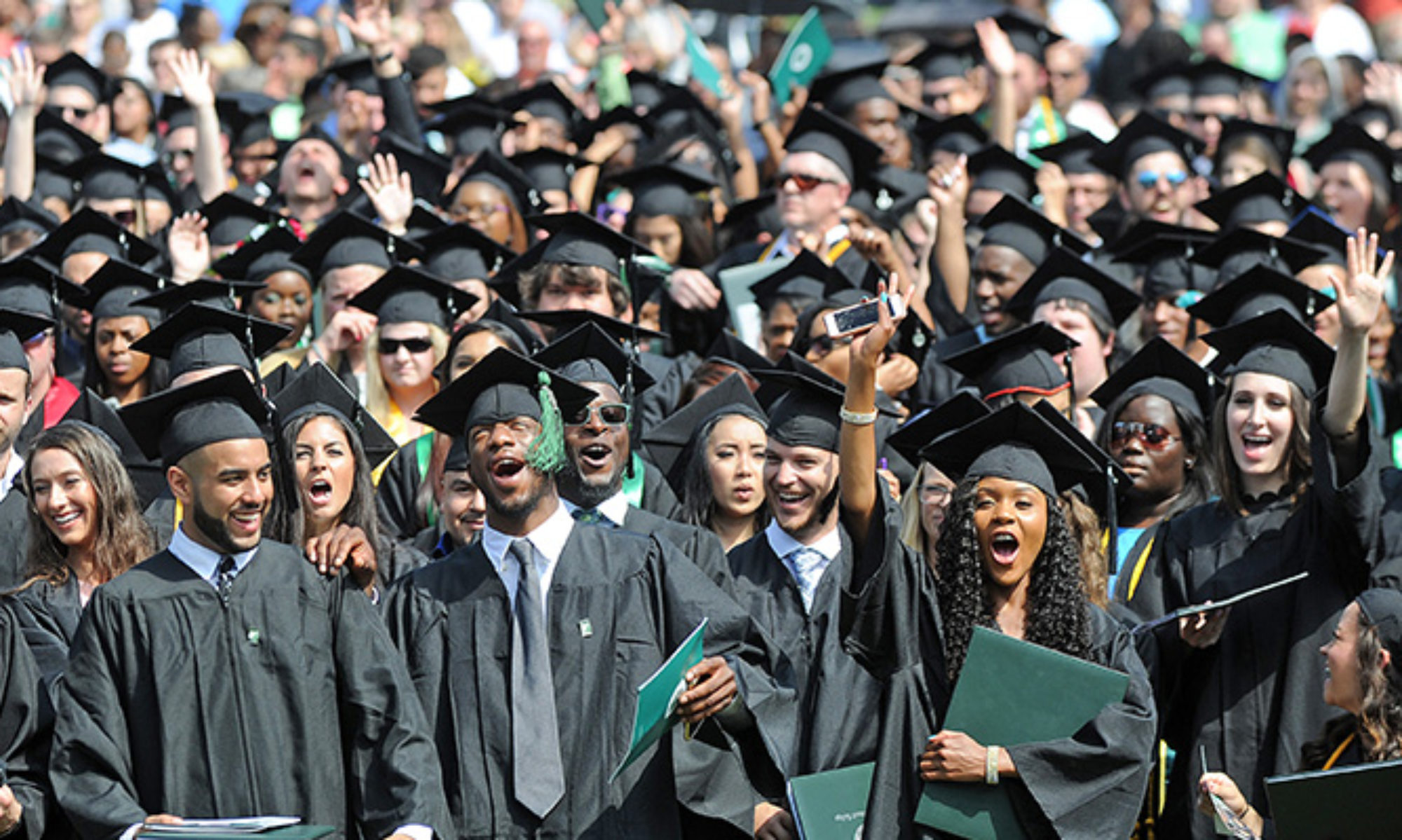Harnessing Emotion and Hope: Learning in Turbulent Times And Beyond
January 6 & 7, 2021
Temple University’s Center for the Advancement of Teaching (CAT) invites proposals for the 19th Annual Faculty Conference on Teaching Excellence. This year’s conference will be a virtual event.
Our theme this year is Harnessing Emotion and Hope: Learning in Turbulent Times and Beyond. In March 2020, the academic world experienced upheaval as faculty suddenly faced the challenges and necessities of remote teaching, followed this summer and fall by the need to design and teach courses in online, hybrid and socially-distanced environments. At the same time, we witnessed (and sometimes joined) meaningful movements all around us against racism and injustice. It has been an incredibly stressful time for many, full of uncertainty, isolation and anxiety. But it has also been a time of creativity, thoughtfulness and innovation as faculty revamped activities, learned new technologies, and updated curricula to be more relevant, effective, and accessible for students. This process invited us all to think deeply about our students (and about ourselves) as whole beings, and to respond to student needs emerging from all the many factors that influence teaching and learning. Stories of learning, generative action, and hope – on the part of students but also on the part of faculty and administrators – grew up around us as we struggled our way through this year.
It is important to continue reflecting on the work we do to improve learning – both during the relatively normal times prior to COVID-19 and during these most unusual of times – so we can carry these lived experiences and lessons learned into the future. How can we grapple with the emotional landscapes in our classrooms and harness the hope inherent in teaching to guide our students toward higher and better learning? How can we refocus our learning goals, rethink our teaching actions, improve assessment protocols, rebuild classroom community, and invite relevance into our courses in order to offer rich, transformational learning experiences to our students? How can we leverage technology to engage students in deep learning? How do social, political, and public health realities propel us to create more equitable and inclusive classrooms where all voices are heard and all students can succeed?
We invite you to submit proposals to share your ideas, insights, research, and strategies so that we can all learn together, harness our collaborative efforts — in short, harness hope — and move them forward together to create a brighter educational landscape for all learners.
Please consider submitting a proposal for a breakout session, poster session, or lightning talk. All proposals will be blind-reviewed. Please note that presenters must register for the conference.
Proposal submissions are due on October 23rd, 2020.
Find out more and/or submit your proposal
